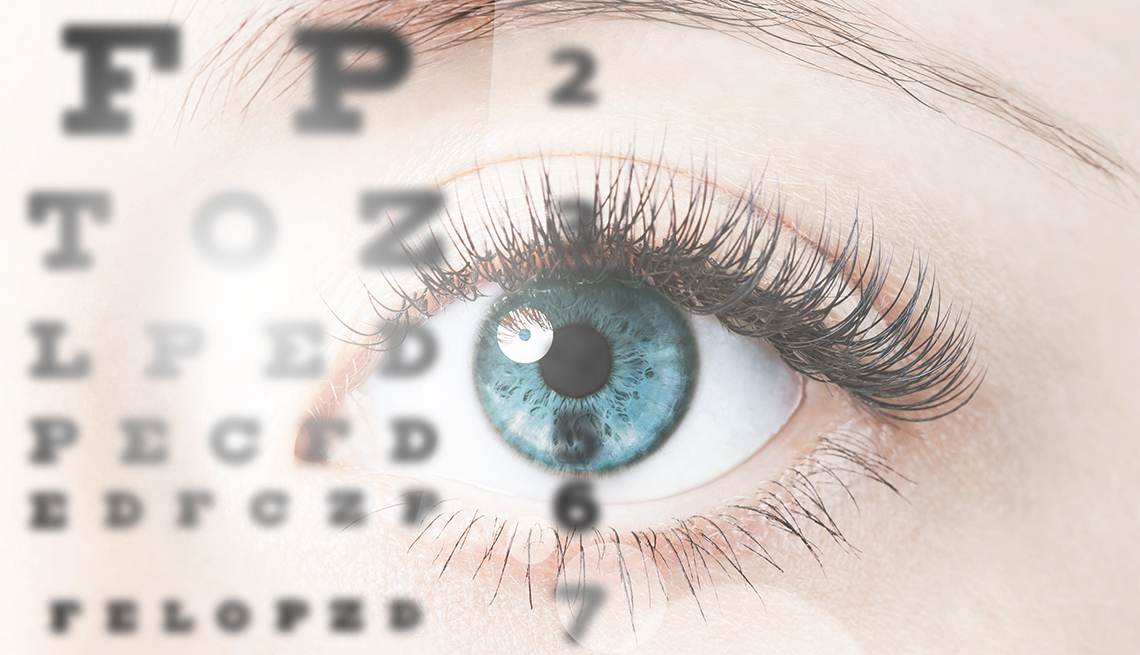
En español | Medicare covers the majority of older Americans’ health needs – from hospital care to doctor visits to lab tests and prescription drugs. Here are some needs that aren't a part of the program — and how you might pay for them.
Opticians and eye exams
While Original Medicare does cover ophthalmological expenses such as cataract surgery, it doesn’t cover routine eye exams, glasses or contact lenses. Nor do any Medigap plans, the supplemental insurance that is available from private insurers to augment Medicare coverage. Some Medicare Advantage plans cover routine vision care and glasses.
Solution: For some people, it makes sense to buy a vision insurance policy for a few hundred dollars a year to defray the costs of glasses or contact lenses.
Hearing aids
Medicare covers ear-related medical conditions, but Original Medicare and Medigap plans don’t pay for routine hearing tests or aids.
Solution: If you are in a Medicare Advantage plan, check your policy to see if it covers hearing-related needs. If it doesn’t, or if you have Original Medicare, consider buying insurance or a membership in a discount plan that helps cover the cost of such devices. Also, some programs help people with lower incomes get needed hearing support. Or you can pay as you go. Congress has passed legislation allowing some hearing aids to be sold without a prescription. The devices could be available in a few years.
Dental work
Original Medicare and Medigap policies do not cover dental care such as routine checkups or big-ticket items, including dentures and root canals.
Solution: Some Medicare Advantage plans offer dental coverage. If yours does not, or if you opt for Original Medicare, consider buying an individual dental insurance plan or a dental discount plan.
Overseas care
Original Medicare and most Medicare Advantage plans offer virtually no coverage for medical costs incurred outside the U.S.
Solution: Some Medigap policies cover certain overseas medical costs. If you travel frequently, you might want such an option. In addition, some travel insurance policies provide basic health coverage; check the fine print. Finally, consider medevac insurance for your far-flung adventures. It’s a low-cost policy that will transport you to a nearby medical facility or back home in case of emergency.
Podiatry and cosmetic surgery
Medicare doesn’t generally cover routine medical care for your feet, such as callus removal. Nor does it cover elective cosmetic surgery, such as face-lifts or tummy tucks.
Solution: If you face these costs, you may want to set up a separate savings program for them.
Nursing home care
Medicare pays for limited stays in rehab facilities — for example, if you have a hip replacement and need inpatient physical therapy for several weeks. But if you become so frail or sick that you must move to an assisted living facility or nursing home, Medicare won’t cover your custodial costs. (Nursing homes average about $90,000 a year.)
Solution: Planning for nursing home care is a big issue, with lots of choices and decisions. But for those with limited income and savings, Medicaid might help fill in the gaps.
